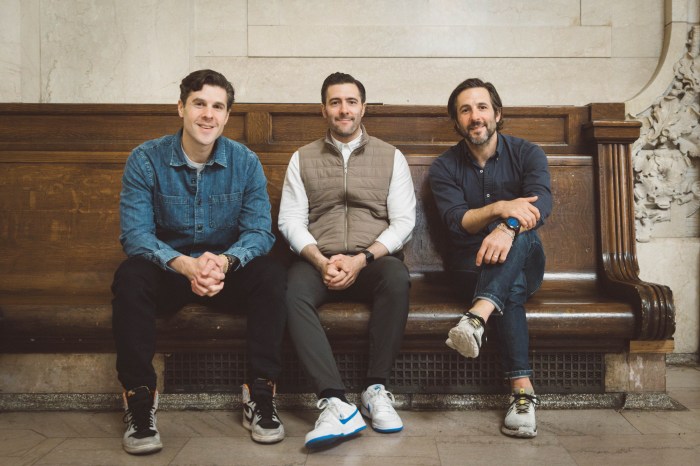Kars4Kids, the tri-state area charity known for its ubiquitous “1-877-KARS-4-KIDS” jingle, heads to court this week amid a fierce trademark infringement battle with a similarly-named Texas charity.
For more than two decades, New Jersey-based Kars4Kids has become known around the country for its near-constant advertising on radio and television featuring a jingle that has been widely described as an earworm. The jingle features young children imploring listeners to “donate your car today,” with proceeds from the car’s sale being used to fund enrichment programming for local youth.
But the organization has been locked in a years-long legal battle with a Texas charity with a similar name, America Can! Cars for Kids, which also solicits used car donations and uses the proceeds to help young people. Cars for Kids was founded in 1992, with Kars4Kids coming on the scene in 1994.
After years of legal threats, Kars4Kids sued Cars for Kids in 2014, alleging trademark infringement, and Cars for Kids countersued the following year. In 2019, a federal judge in New Jersey ruled in favor of Cars for Kids, and ordered its alleged imitator to fork over $10 million in damages. Kars4Kids has appealed the ruling, and the two parties will appear in federal court in New Jersey this week for a hearing.
“Hopefully after that, everything will be done and we’ll be able to move on,” said Colin Weatherwax, CEO of Dallas-based Cars for Kids, in an interview with amNewYork Metro. “We obviously want to recoup some of our costs, but at the end of the day we just want what is rightfully ours, which is our name.”
Perhaps with an eye toward its competitor, Cars for Kids markets itself on its website as “the only charity-owned and operated car donation program that 100 percent of the net proceeds go directly to support the kids.” The core of the group’s charitable work is to provide resources to youth at risk of dropping out of school, Weatherwax said, noting that the charity became what it is because donors started bringing their cars to school parking lots to give them away.
The group solicits car donations from all 50 states, but the presence of Kars4Kids and its instantly recognizable jingle has cut considerably into its fundraising abilities.
“K4K makes about $80-120 million annually and that’s all off of our name,” said Weatherwax. “We have about $10-15 million that we make. We can’t give back as much as some other organizations but we make sure that we do it, and it’s all transparent.”
America Can! Cars for Kids reported $12.4 million in revenue in 2022, according to its 990 tax form. Kars 4 Kids, meanwhile, reported $91.4 million in earnings.
Kars4Kids, which did not respond to multiple inquiries for comment, has fielded controversy over the years far beyond just an annoying jingle. The group holds giveaway events across the tri-state area for items like coats and school supplies, but authorities have argued the charity obfuscates the religious nature of its work.
Kars4Kids proceeds go to sister group Oorah, which funds Orthodox Jewish summer camps as well as tuition assistance programs for private Jewish education, among other things. Kars4Kids describes itself as a “nonprofit Jewish organization” on its website, but the ads most consumers know them for make no indication of the group’s religious affiliation.
In 2009, Kars4Kids paid $65,000 to the states of Oregon and Pennsylvania to settle lawsuits by those states’ Attorneys General, claiming the group had deceived its contributors by failing to note donations only benefit certain children. In 2017, the Minnesota Attorney General reported that of the $3 million raised by the group in that state between 2012 and 2014, just $12,000 went to Minnesota kids.
Kars4Kids and Oorah have also invested and lost millions of dollars in the real estate market. In 2015, Oorah was sued by an Orthodox congregation called Young Israel of Eltingville, which claimed it had underhandedly and illegitimately purchased its Staten Island building to start its own congregation, purely for tax breaks. A judge ruled in favor of the plaintiff.
Weatherwax says the legal drama gets in the way of his group’s mission, and wants the public to no longer confuse the two.
“We spell it right, we do it right,” said Weatherwax. “I want to make sure that the public knows that there are two different companies. They may sound the same, but they are different.”




































